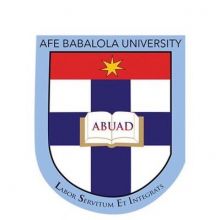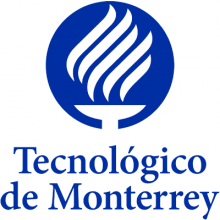About Alexandria University
Established in 1938, Alexandria University in Egypt was originally known as Farouk University and operated as a satellite body of Fuad University (which would later become Cairo University).
Alexandria University became an independent institution in 1942 and renamed following the Egyptian Revolution of 1952.
Now a public university, Alexandria is home to 150,000 full-time students, making it the second largest university in the country. It also caters for more than 16,000 part-time undergraduates and close to 5,000 international students, with over 8,000 academic staff, over half of whom hold a PhD.
The seven original university faculties comprised Agriculture, Medicine, Arts, Commerce, Engineering, Law and Science, which have grown over the years to its current total of 23. Newer specialisms such as Tourism and Sports Education are included in its structure.
Alumni of Alexandria University include scientists, politicians, film directors and the first Egyptian Nobel Laureate to be recognised in a scientific discipline.
The university’s official colours are white and blue.
Alexandria itself is Egypt’s second largest city, its cultural capital and a major economic centre within the region. Known as the ‘pearl of the Mediterranean’, its coastal location also makes it a tourist hotspot
Explore these featured universities
Explore rankings data for Alexandria University
Compare universities on their key stats
Key statistics
- 20.6No. of students per staff(1)
- 28%Proportion of ISR Publications(1)
- 60 : 40Student Ratio of Females to Males(1)
- 5%Percentage of International Students(1)
- 199,537Number of FTE Students(1)
Subjects taught at Alexandria University
Life sciences
- Biological Sciences
- Veterinary Science
- Sport Science
- Agriculture & Forestry
Business & economics
- Business & Management
- Accounting & Finance
- Economics & Econometrics
Physical sciences
- Geology, Environmental, Earth & Marine Sciences
- Mathematics & Statistics
- Physics & Astronomy
- Chemistry
Engineering & technology
- Civil Engineering
- Chemical Engineering
- Mechanical & Aerospace Engineering
- General Engineering
- Electrical & Electronic Engineering
Computer science
- Computer Science
Social sciences
- Geography
- Politics & International Studies (incl Development Studies)
- Communication & Media Studies
- Sociology
Arts & humanities
- Languages, Literature & Linguistics
- Archaeology
- History, Philosophy & Theology
- Architecture
- Art, Performing Arts & Design
Law
- Law
Clinical, pre-clinical & health
- Other Health
- Medicine & Dentistry
Education
- Education
Psychology
- Psychology










